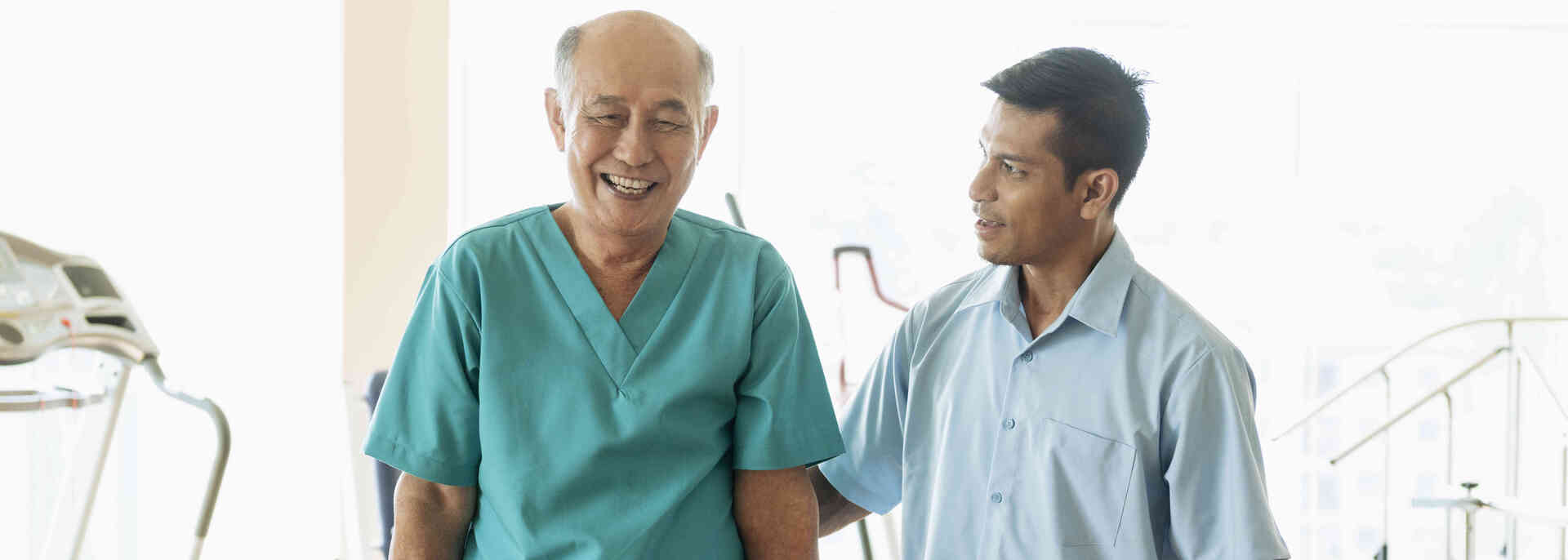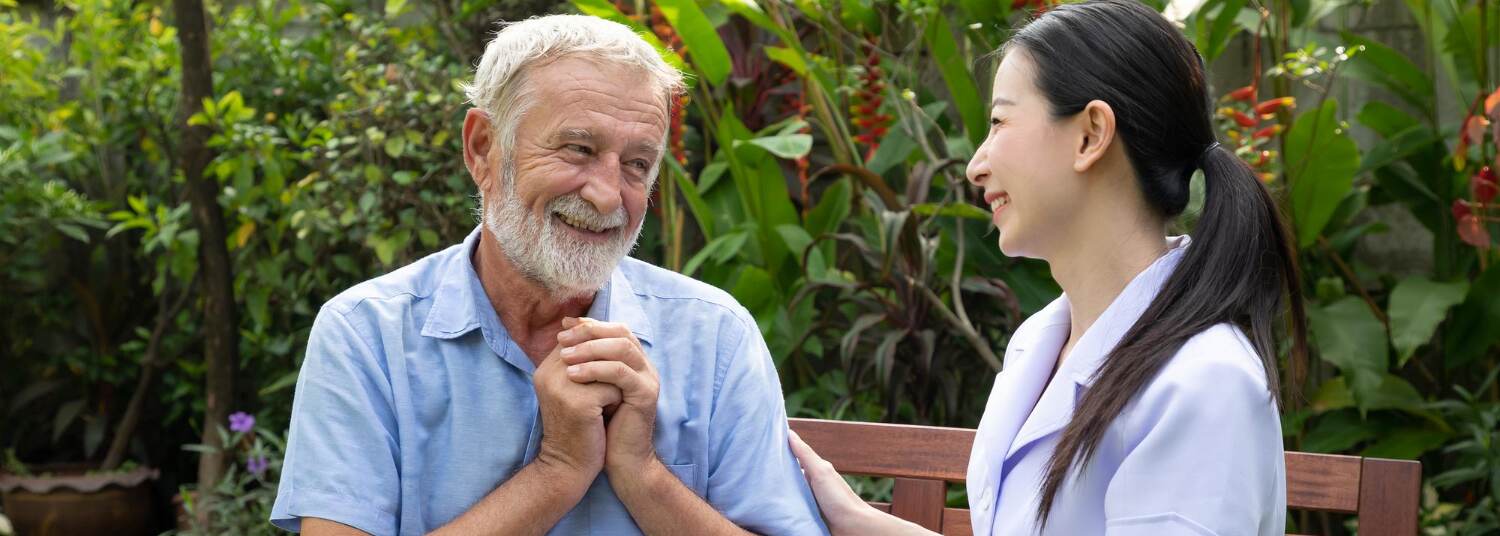The spine is an essential part of the human body. This is because the spine supports our body and helps to keep it upright.
Our spine is composed of vertebrae, which are bones that are stacked one on top of the other, producing columns. In between the columns of these bones, there are spinal discs that absorb pressure and prevent friction in the bones.
However, there is a possibility that these discs get pushed out of their original position, and the tissue protrudes out towards the surrounding nerves. This condition is known as a slipped, ruptured, prolapsed, or herniated disc.

Symptoms of Slipped Disc
Following are some symptoms of a slipped disc (slip disc):
- Lower back pain
- Pain in the legs, hips, or buttocks
- Numbness in the body
- Neck pain
- Struggling to move limbs
- Sudden muscle weakness
- Inability to control bowel movements
- Loss of balance and coordination
- Loss of reflexes in the legs
However, some people may never experience any symptoms and may not know that they have a slipped disc. It is recommended to consult a doctor as soon as you feel pain or notice the first signs of a slipped disc.
Risk Factors of Slipped Disc
A slipped disc can be a result of various factors, including:
- Wear and tear of the disc due to ageing.
- Excessive strenuous exercises or physical activity.
- Injury from lifting large and heavy objects or lifting objects in the wrong manner.
- Living a sedentary lifestyle or being overweight.
People at risk of having a slipped disc include:
- Those having excess body weight
- Those involved in physically demanding jobs
- People who need to drive extensively
- Those living a sedentary lifestyle
- Sportspersons involved excessively in exercises like weightlifting, etc
Diagnosis of Slipped Disc
Your doctor would first question your general health and symptoms before conducting a thorough physical examination.
Diagnosis is made based on your reported symptoms, physical examination, and investigations.
In addition to these, the orthopaedic specialist may order the following tests:
- X-rays
- CT scans
- MRI scans
- Myelograms
- Discograms
Ultimately, your diagnosis will be determined by the information gathered from these tests.
Treatments for Slipped Disc
The treatment options for slipped discs (herniated discs) range from conservative to surgical.
The doctor will suggest a treatment that caters to the patient’s condition. Needless to say, it will also depend on your level of discomfort, pain, and the extent of the prolapse of the disc.
Slipped Disc Treatment without Surgery
Medication
The main non-surgical treatment for a slipped disc is taking medication. A doctor may prescribe regular pain killers or narcotics to maintain comfort while the patient is on therapy treatments.
However, for some people, non-steroidal anti-inflammatory drugs (NSAIDs) like ibuprofen may not be the most suitable option as the pain could be too excruciating. In such cases, the doctor may give stronger medications, such as muscle relaxants and nerve pain medications.
Rest and stay active
For those who are experiencing high-intensity pain, it is crucial to get sufficient rest. However, it is recommended to stay active and engage in light physical activity as soon as one is able to. By not keeping active and merely refraining from all physical activity, the patient may increase the chances of more muscle weakness and stiffness in the joints.
Low-intensity activities like walking are highly recommended. Besides that, it is advisable to meet a physical therapist and enroll in an exercise program that stretches and strengthens the back and nearby muscles.
Home remedies
Home remedies like using an ice pack or a warm wet towel on sore areas may sometimes help.
Surgical Treatments for Slipped Disc
When it comes to slipped discs, surgery is not an immediate option since the pain can be relieved over time with medications and therapy interventions.
Having said that, if the symptoms have not improved despite taking treatments, and the patient finds that the muscle weakness is getting worse, doctors may discuss potential surgery options.
One surgical option is a discectomy, where the portion of the disc which is protruding is taken out to alleviate the pain and pressure forced upon the sciatic nerve. The doctor may replace the spinal disc affected with an artificial one or fuse the vertebrae together in more extreme cases of slipped discs.
Complications of Untreated Slipped Disc
If left untreated, a slipped disc may have some potential negative consequences on your life.
There is a possibility of a slipped disc causing permanent nerve damage. This is because the slipped disc could cut and stop the nerve impulses to the cauda equina nerves in both the lower back and legs. In worse case scenarios, a patient may lose the ability to manage their bowel and bladder control.
There is also a long-term complication known as saddle anaesthesia. In this, the nerves or spinal cord are compressed by the slipped disc, causing a loss of sensation in certain parts of the body, like the inner thighs, back of the legs, and the rectum area.
Prevention of Slipped Disc
Here are some ways to prevent slipped disc:
- Maintain a healthy weight with regular physical activity and exercise.
- Keep a good posture to help reduce the pressure on the spine and discs.
- Use safe lifting techniques when lifting heavy objects. Try to squat to lift the object instead of just picking it up.
- When sitting on a chair, the spine should be firmly rested against the backseat of the chair. Maintain a straight posture and avoid slouching at all times. Keep the feet flat on the floor and the knees at the same level as hips.
- Place a small pillow or cushion between the arch of your lower back and the chair to add on some more support.
- If one is required to sit for long periods of time, take a break at least every half an hour or so.
- Avoid sleeping on the stomach as this will strain the neck.
- The best position to sleep would be on your back. A pillow could be placed under the knees and lower back for more comfort.

Make an Appointment at Gleneagles Hospitals
If you are experiencing any of the symptoms of a slipped disc, get in touch with us to find out more about our Orthopaedic Services at your nearest Gleneagles Hospital.
If you are looking for the best slipped disc treatment in Kuala Lumpur, Malaysia or other areas, Gleneagles Hospital is your first choice. Gleneagles Hospital works with orthopaedic specialists to assist slipped disc patients through diagnosis and treatment. The caring and multidisciplinary team of healthcare professionals are available for consultation and to provide the best care.



